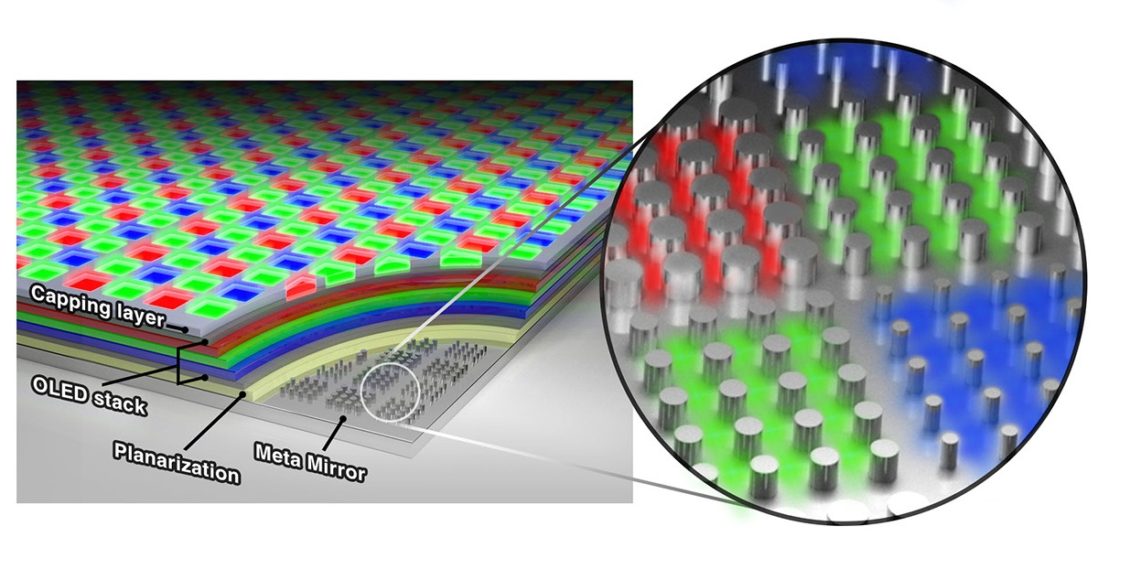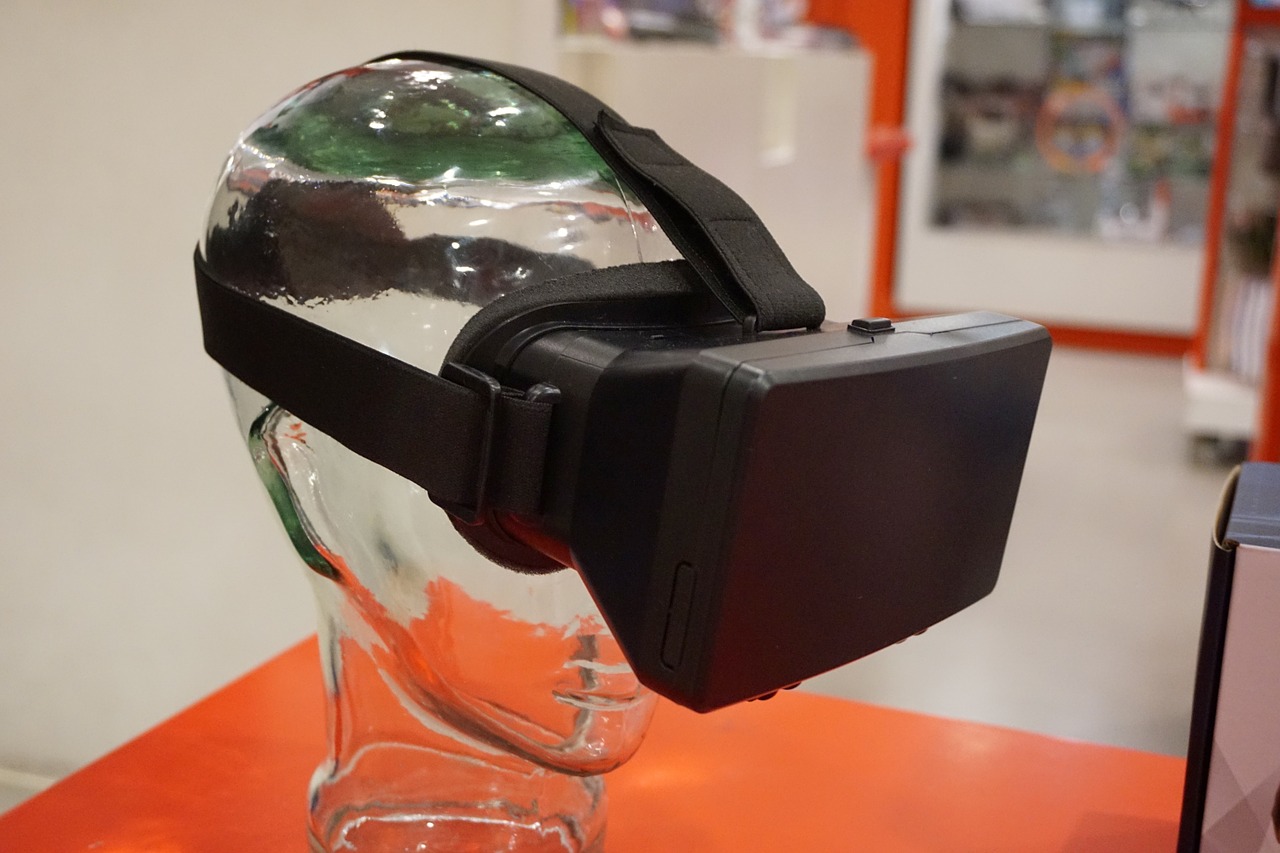Samsung’s engineers have worked together with researchers from Stanford University to create a 10,000 PPI OLED display. That’s 10,000 pixels per inch, which is the most pixel-dense display ever to have been manufactured. For comparison, the Samsung Galaxy Note 20 Ultra has 496 PPI, the Galaxy S20 has 511 PPI, and the Apple iPhone 12 Pro has 460 PPI. So, this new display plays at an entirely different league, and it’s not meant for use on TVs or smartphones.
Instead, it’s suitable for VR/AR headsets where the eyes of the wearer are only a couple of centimeters away from the screen, and so they can discern a lot more. At this pixel density, the human eye wouldn’t be able to tell the difference between the real world and images on a screen.

Using pixel densities at the 500 PPI realm had VR headset users complained about the “screen door” effect, which is their ability to see the gaps in between pixels. So, this new screen tech is not a novelty or a demonstration of what’s possible, but an actual solution to a real problem which also has the potential to help VR and AR tech take off.
As for how Samsung’s and Stanford’s boffins achieved this technical leap, they have used multiple layers of light-emitting elements stacked along with reflective planes. This way, multiple layers are “contributing” their light to combine their pixels into a single, astonishingly ultra-high-density result. Of course, one has to power all these layers, so from the perspective of energy consumption, the new screen has increased requirements.
It will take some time before we see this tech finding its way to consumer products that are actually available in the market, but when they do, it is expected to revolutionize the field. Samsung stated that they want to explore these new OLED displays on large TVs too, so we may see some experimentation there soon.
Source: Stanford
Images from Florian Pircher and Samsung Advanced Institute of Technology






